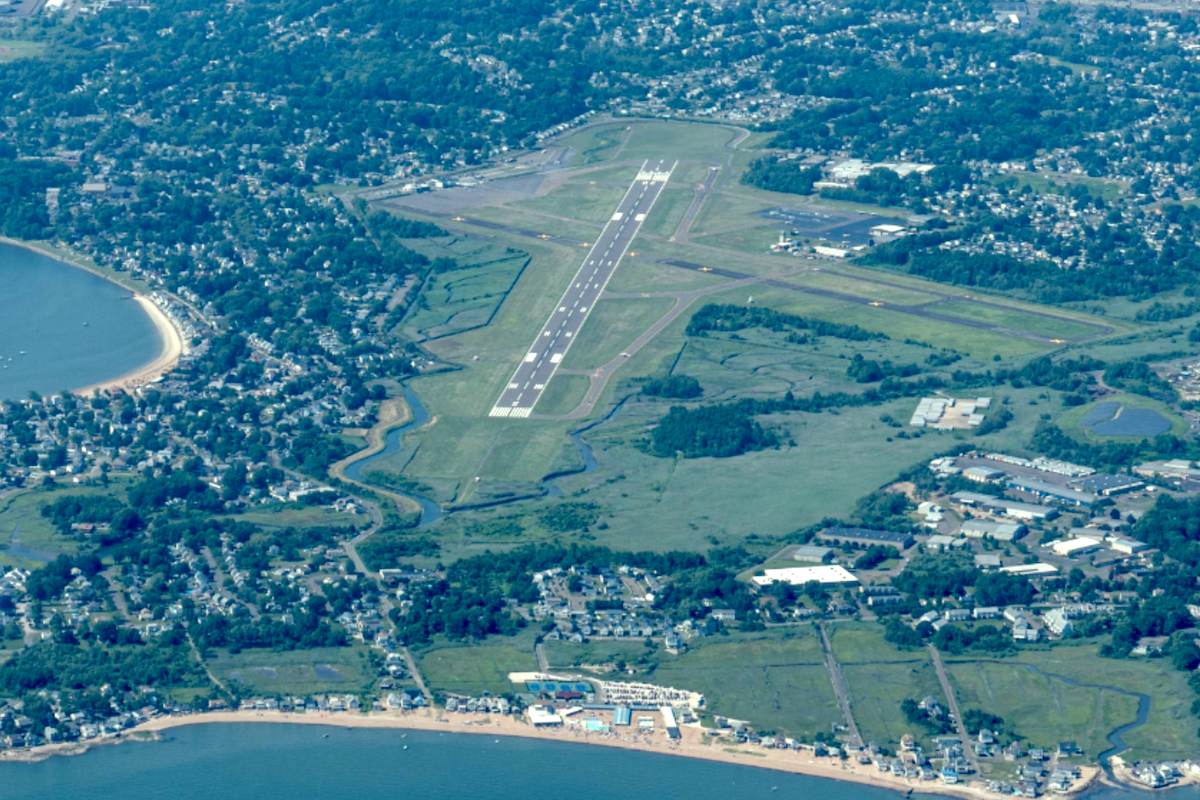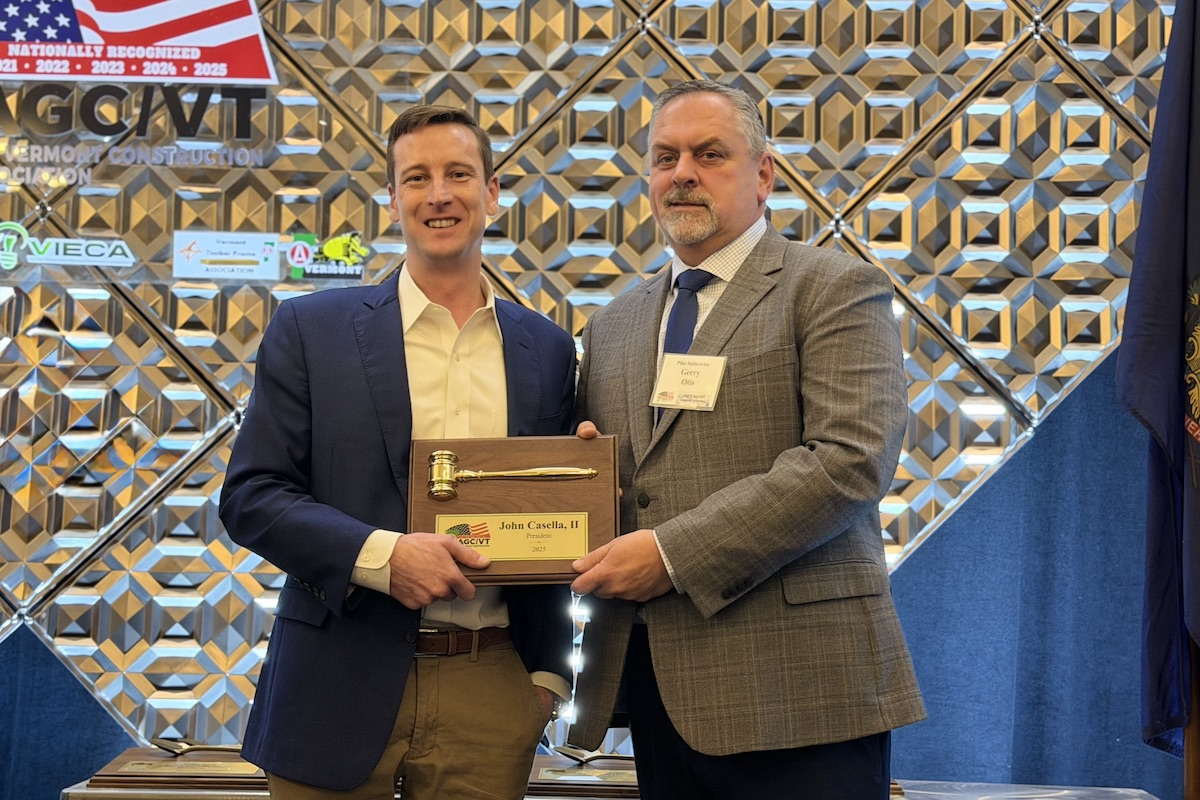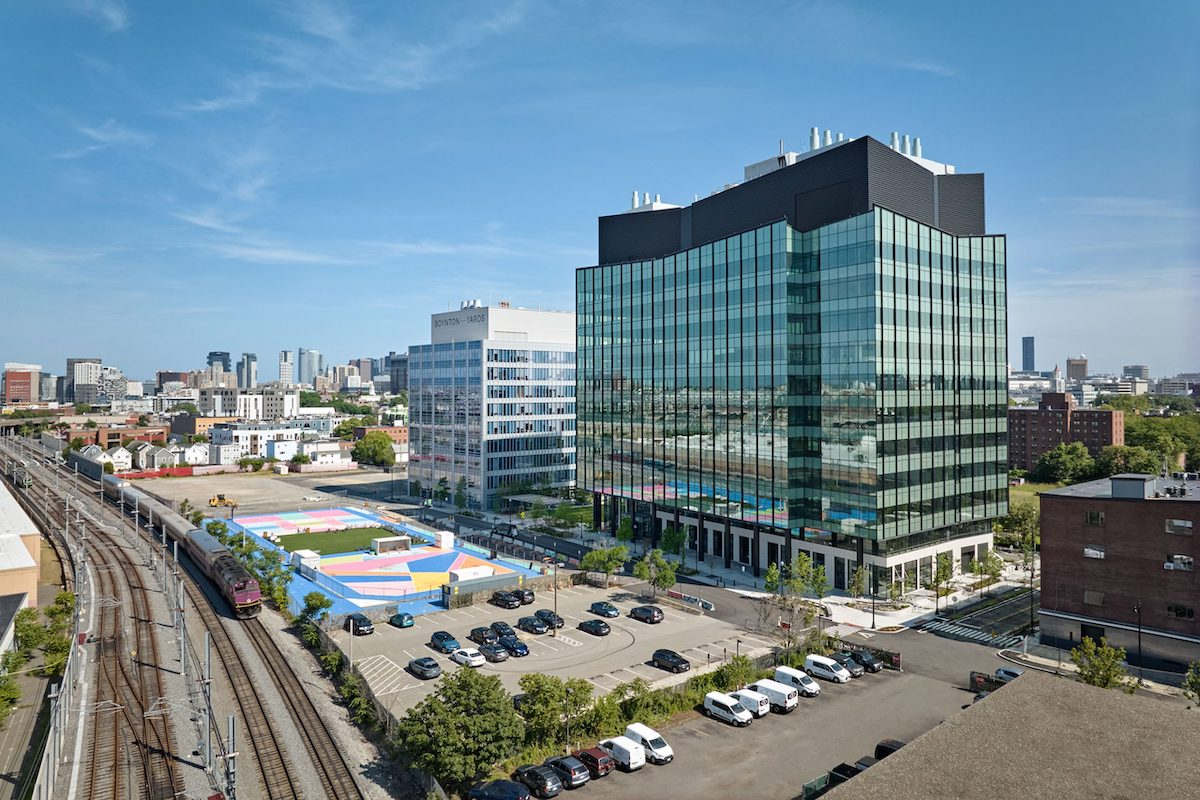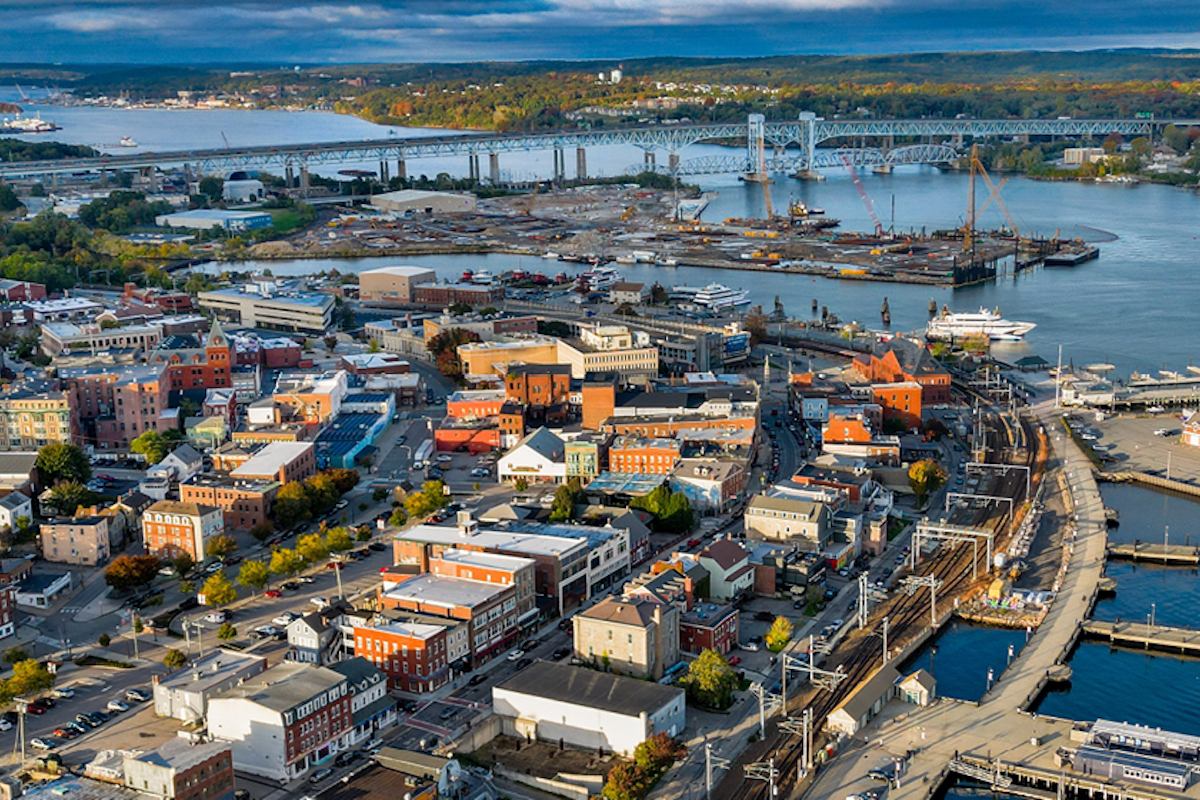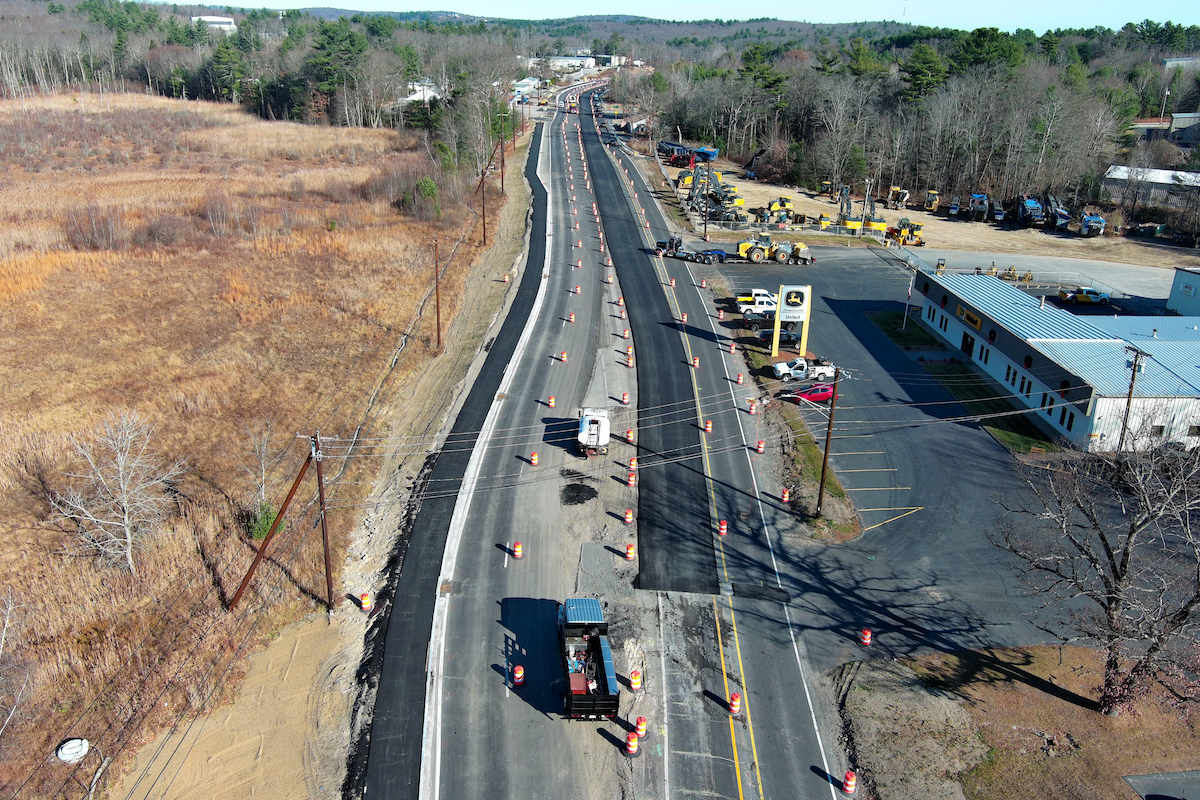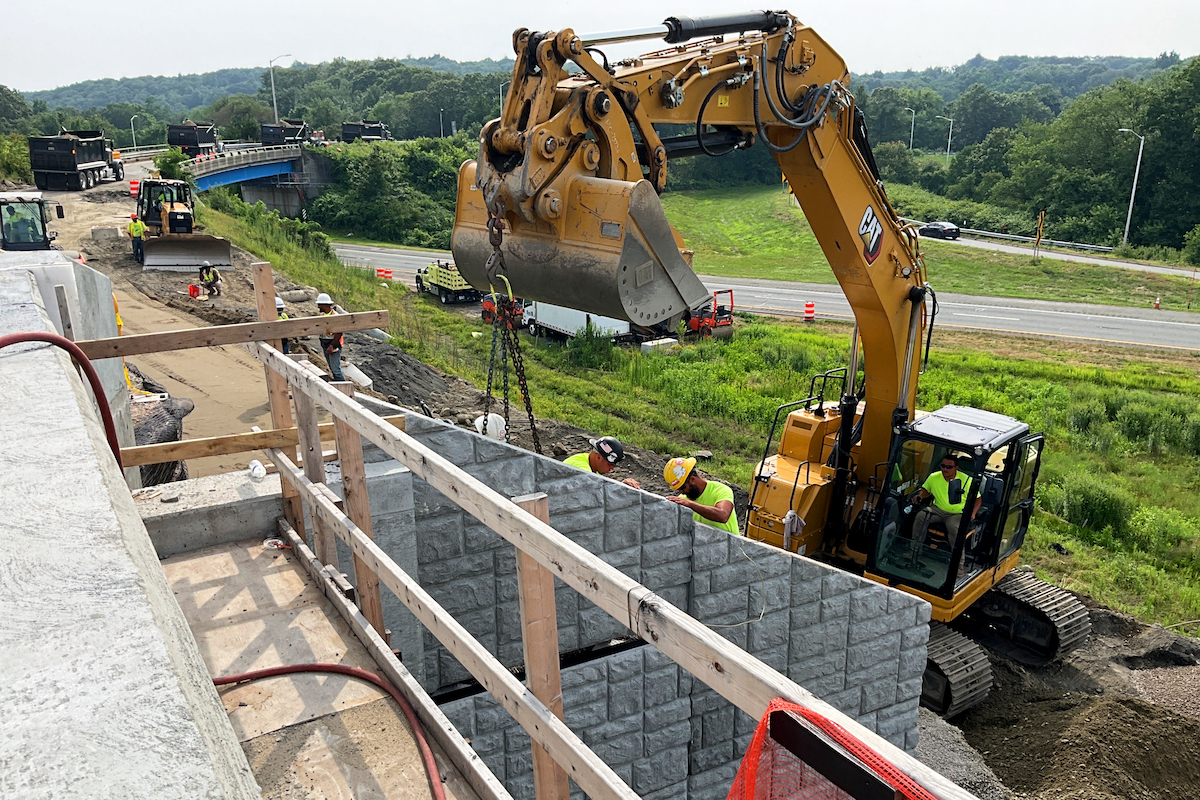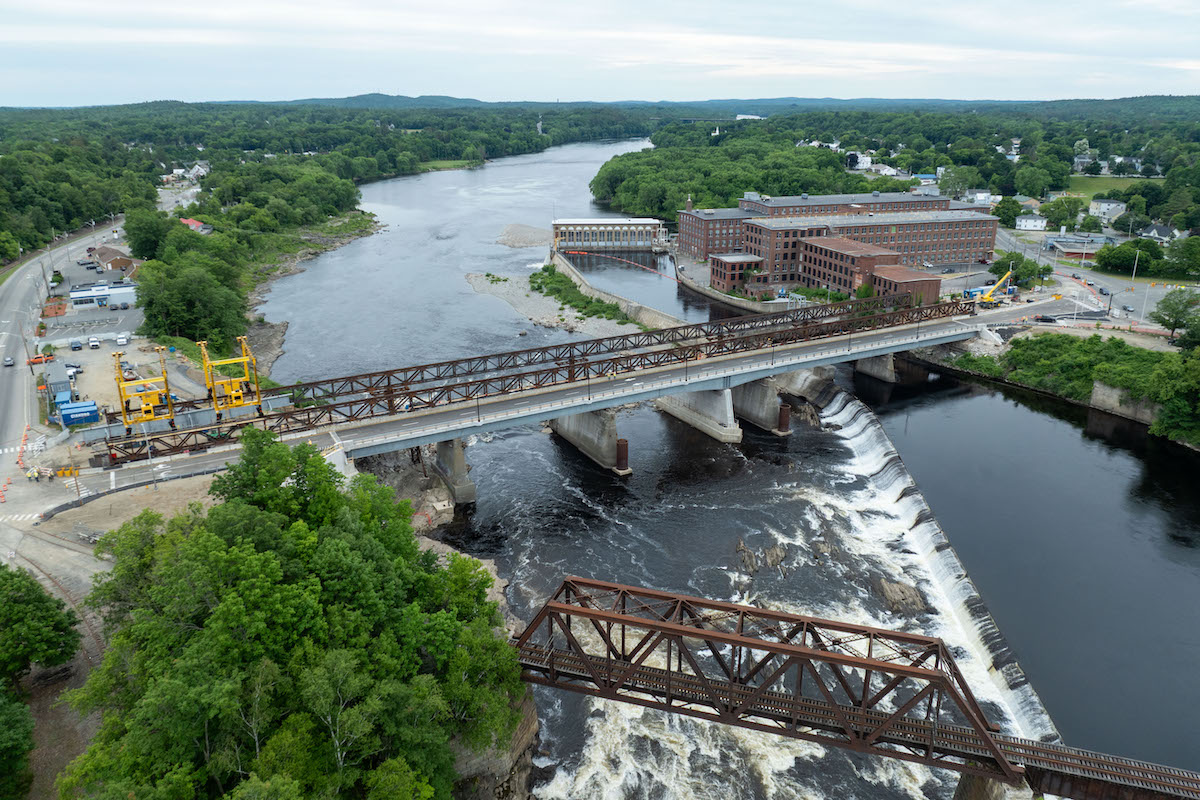Despite the ongoing challenges and uncertainties created by the COVID-19 pandemic and other economic pressures, the team at MaineDOT continues to fulfill its mission of supporting economic opportunity and quality of life by providing customers a safe and reliable transportation system, given available resources.
The Work Plan delivers essential services and provides for solid capital programs, as always subject to funding materializing as planned. It includes nearly $1.8 billion for highway and bridge capital projects, including the following:
- 235 bridge projects (estimated cost: $631 million)
- 115 miles of highway construction and rehabilitation (estimated cost: $155 million)
- 353 highway safety and spot improvements (estimated cost: $237 million)
- 1,057 miles of preservation paving (estimated cost: $462 million)
- 2,162 miles of Light Capital Paving (estimated cost: $111 million)
"MaineDOT's Work Plan has historically been a nonpolitical document, outlining responsible investments in our state's infrastructure based on engineering guidance, and this year's Work Plan is no different," said Transportation Committee Chairs Senator Bill Diamond and Representative Danny Martin and Republican leaders Senator Brad Farrin and Representative Mike Perkins. "We know Maine's transportation needs are so great that even new funding sources won't go as far as we would like them to go, and the committee looks forward to continuing our in-depth work with DOT to make every dollar count."
Notable projects in this Work Plan include:
- Replacement of 15 rural bridge decks located in Benedicta, Medway, Howland, Bangor, Hampden, and Pittsfield (estimated cost: $80.8 million). Partially funded by $45.2 million in federal grant money.
- Replacement of the Ticonic Bridge between Waterville and Winslow (estimated cost: $46.7 million). Partially funded by $25 million in federal grant money.
- Design and construction of the Acadia Gateway Center in Trenton (estimated cost: $30 million). Partially funded by $12.8 million in federal grant money.
- Replacement of the Frank J. Wood Bridge between Brunswick and Topsham (estimated cost: $33.5 million).
- New initiatives in partnership programs to help reimagine and rebuild some of Maine's village and downtown areas in collaboration with local communities (estimated state and local investment: $30 million).
- Replacement of the bridge that carries I-95 over Broadway in Bangor (estimated cost: $19.8 million). Partially funded by $15.7 million in federal grant money.
- Full reconstruction of 4.5 miles of Foxcroft Road in Houlton (estimated cost: $16.3 million). Partially funded by $15 million in federal grant money.
- Construction of a new Casco Bay Lines ferry (estimated cost: $12.5 million).
- Replacement of two bridges that carry I-95 over Webb Road in Waterville (estimated cost: $10.6 million). Partially funded by $6.1 million in federal grant money.
- Construction of a new Maine State Ferry Service ferry to serve Matinicus (estimated cost: $10 million).
- Construction of 1.4 miles of off-road trail to close a gap on the Eastern Trail located in Scarborough and South Portland. This section of trail includes two critical spans for active transportation over the Nonesuch River and the Downeaster rail line (estimated cost: $6 million).
- Upgrading the International Marine Terminal in Portland with a wharf infill and expansion to allow larger vessels to berth (estimated cost: $5.7 million).

| Your local Esco Corporation dealer |
|---|
| Genalco |
"This Work Plan is vital to supporting construction industry jobs in Maine," said Matt Marks, Chief Executive Officer of Associated General Contractors of Maine. "Every project in this three-year outlook will help keep Mainers working. Our relationship with MaineDOT helps us solve complex problems together so we can all keep delivering for the people of our state."
"MaineDOT continues to rise to meet the challenges presented by the ongoing pandemic and other economic pressures," said Maria Fuentes, Executive Director of the Maine Better Transportation Association. "This work plan creates some stability for design and engineering firms during even the most uncertain of times. We are hopeful that new state and federal investments in infrastructure signal the beginning of a new era for transportation in Maine."












